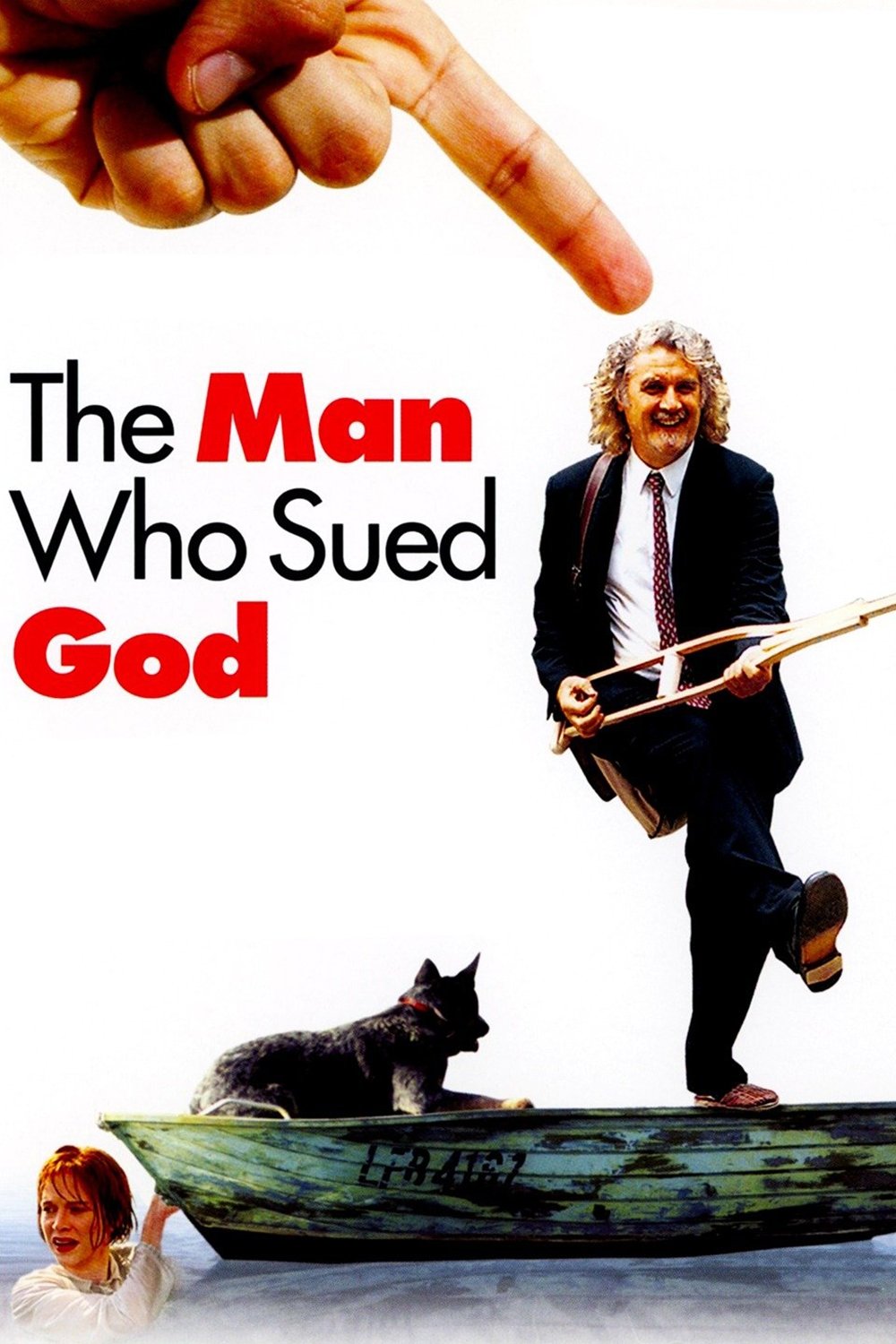Old Men in New Cars: In China They Eat Dogs II (2002) - A Deep Dive into Absurdity and Cultural Commentary
Forget your typical road trip movie. Forget your heartwarming buddy comedy. Old Men in New Cars: In China They Eat Dogs II (2002), the less-discussed sequel to its equally bizarre predecessor, is a cinematic experience unlike any other. This isn't a film you analyze; you surrender to it. You let its chaotic energy wash over you like a particularly pungent tofu broth. It's a film that demands a different kind of review – one that embraces its inherent weirdness and attempts to unpack the layers of (often unintentional) cultural commentary buried beneath the slapstick and the sheer, unadulterated absurdity.
This sequel, much like the original, follows a group of elderly Chinese men on a wildly improbable journey. The specifics are almost beside the point; the plot is a loose framework upon which a series of increasingly bizarre and often unconnected vignettes are strung together. Think of it as a surrealist fever dream fueled by lukewarm tea and a lifetime of suppressed anxieties. The cars are new (relatively speaking), the men are old (and hilariously stubborn), and the humor is… well, let's just say it's uniquely Chinese, profoundly eccentric, and occasionally baffling to Western audiences.
Beyond the Laughs: A Glimpse into Cultural Shifts
While the film's surface is coated in slapstick and goofy misunderstandings, beneath lies a fascinating, if unintentional, exploration of the societal changes sweeping across China at the turn of the millennium. The old men, clinging to traditional values and customs, are thrown into a rapidly modernizing world they barely understand. Their bewilderment at the new technologies, the burgeoning consumerism, and the shifting social landscape forms a surprisingly poignant undercurrent to the comedic chaos.
Their interactions with younger generations often highlight the generational gap and the clash of perspectives between the old and the new China. These aren't merely comedic set pieces; they offer fleeting glimpses into a nation grappling with its identity in the face of rapid economic and social transformation. The film becomes a visual tapestry of this transition, weaving together scenes of rural poverty with glimpses of burgeoning wealth, all framed by the bewildered expressions of our elderly protagonists.
The Uniqueness of the "Eat Dogs" Title:
The title itself, "In China They Eat Dogs," is provocative, to say the least. While it's undeniably controversial, it serves to highlight the cultural differences between China and the West, intentionally or not. This isn't necessarily a statement about the practice itself, but rather a bold, if somewhat clumsy, attempt to establish a sense of otherness, a stark contrast to the familiar tropes of Western cinema. It's jarring, it's memorable, and it perfectly encapsulates the film's overall spirit: unexpected, unpredictable, and unapologetically itself.
Conclusion: An Acquired Taste (and a Hilarious One)
Old Men in New Cars: In China They Eat Dogs II isn't a masterpiece of cinematic artistry. It's not even necessarily a "good" movie in the traditional sense. But it's an experience. It's a bizarre, chaotic, and unexpectedly poignant journey into a specific moment in Chinese history, filtered through the lens of absurdist humor. If you're looking for a polished, predictable film, this isn't for you. But if you're open to something truly unique, something that defies easy categorization, then buckle up and prepare for a wild ride. Just don't expect subtitles to fully capture the nuances of the comedic timing. Sometimes, the sheer visual absurdity is half the fun.


